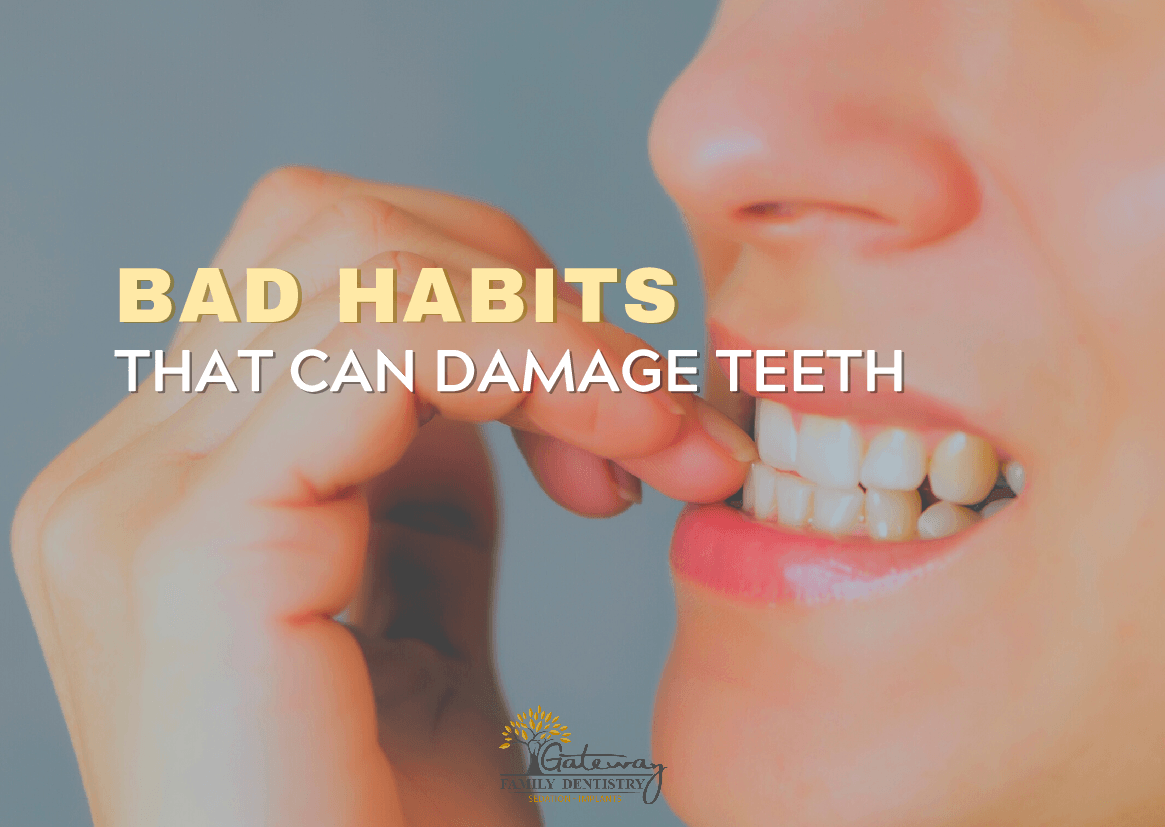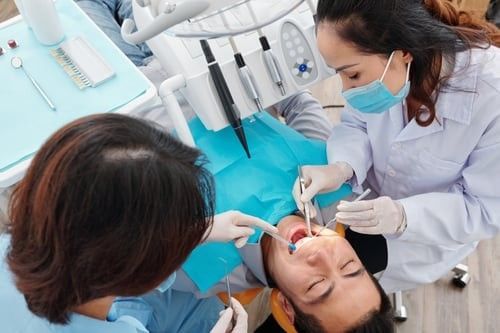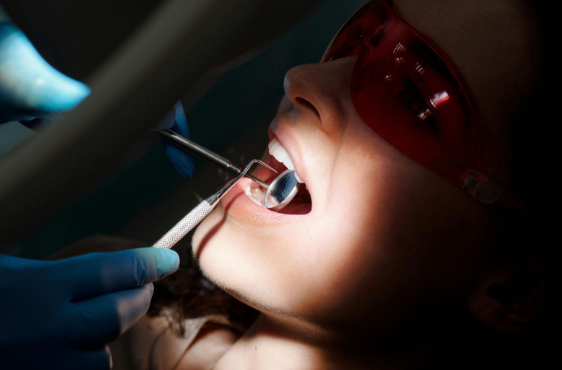Gateway Family Dental Blog

Bad Habits That Can Damage Your Teeth
We all have bad habits. Some of those habits set us back in productivity or personal goals. Others may annoy our loved ones. Others may be bad for our health.
The habits that are bad for us are often the ones that are hardest to break—and habits that hurt your teeth are no exception.
Today, we’re examining a few common bad habits that can damage your pearly whites.
Brushing Too Hard
All of us want clean, healthy teeth and fresh breath. As a result, many of us brush our teeth too aggressively, thinking the more elbow grease we use, the cleaner our teeth will be.
Unfortunately, brushing too hard can cause several issues, including receding gums and enamel erosion. These issues can lead to tooth sensitivity, which can be pretty painful. They can also make your teeth more vulnerable to decay-causing bacteria.
The ADA recommends using a soft-bristled toothbrush. You should brush at a soft 45-degree angle towards your gums. This allows the toothbrush’s bristles to target and clean beneath the gumline.
Additionally, you should replace your toothbrush every three months. If your toothbrush’s bristles look flattened or frayed, it needs to be replaced. If your toothbrush starts to look frayed after less than three months of use, it’s a sign you’re brushing too hard and need to adjust your routine.
Biting Your Nails
Nail biting is one of the hardest habits to break, especially if you’ve been doing it for years. Unfortunately, people who bite their nails risk damaging their nail beds, spreading germs from their hands to their mouths and even damaging their teeth.
Over time, repeated nail biting can erode your tooth enamel, crack or chip your teeth, and may even cause your teeth to shift.
If you’re a chronic nail biter, and you’re worried about your teeth, try trimming your nails short or painting them to deter you from biting.
If your nail biting is triggered by stress or anxiety, a professional therapist may be able to help you manage your anxiety in a healthier way.
Chewing Ice
Chewing ice can be refreshing, especially on a hot day. Unfortunately, too much ice chewing can have serious consequences for your teeth.
For starters, crunching ice can slowly erode your tooth enamel—the hard outer coating that protects your teeth from decay. This can cause tooth sensitivity and may make your teeth more vulnerable to cavities, staining and even infection.
Chewing ice can also cause the teeth to crack or chip. Chips and cracks may weaken the teeth and make them more vulnerable to decay. Cracking and chipping may also cause aesthetic issues with your smile, and may damage expensive dental work like crowns, fillings and braces.
It's important to note that compulsive ice chewing can actually be an indicator of underlying health conditions.
Pagophagia, a strong craving to eat ice or icy beverages, has been associated with iron deficiency, with or without anemia. If you experience a strong urge to eat ice, you should schedule a visit with your primary care provider to see if your iron levels are normal.
Practicing Health Dental Habits
Talk to your dentist to find out if you have any bad habits that are damaging your teeth. Together, you and your dentist can help find solutions to your habits and minimize or repair any dental issues they’ve caused.
It’s important to visit your dentist on a regular basis, and to follow his or her recommendations for yearly exams and cleanings.
Remember to always brush twice per day and floss regularly to maintain a healthy smile and good oral health.
Need to schedule a dental cleaning or exam with a reputable dentist in the Murfreesboro, TN area? Dr. Rachel Irwin at Gateway Family Dentistry is one of the Murfreesboro area’s most trusted family dentists.
Contact Gateway Family Dentistry to schedule your appointment today.




